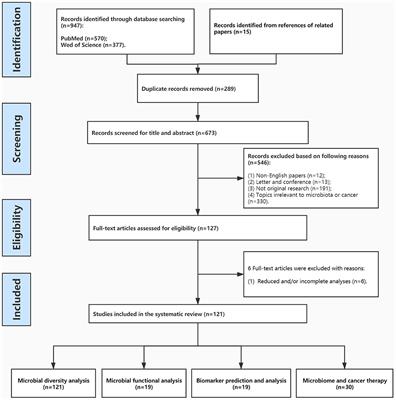DATA REPORT
Published on 06 Jul 2022
Unveiling Co-Infection in Cystic Fibrosis Airways: Transcriptomic Analysis of Pseudomonas aeruginosa and Staphylococcus aureus Dual-Species Biofilms
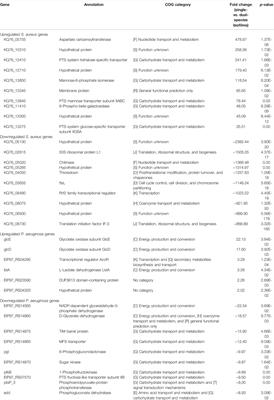
doi 10.3389/fgene.2022.883199
- 2,329 views
- 11 citations
8,439
Total downloads
45k
Total views and downloads
DATA REPORT
Published on 06 Jul 2022

BRIEF RESEARCH REPORT
Published on 29 Mar 2022
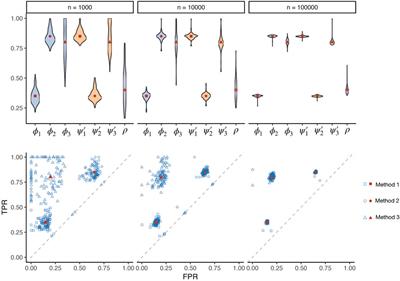
REVIEW
Published on 22 Mar 2022
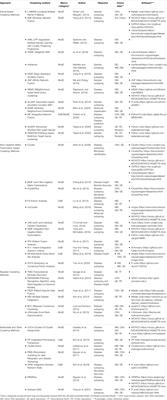
ORIGINAL RESEARCH
Published on 02 Aug 2021
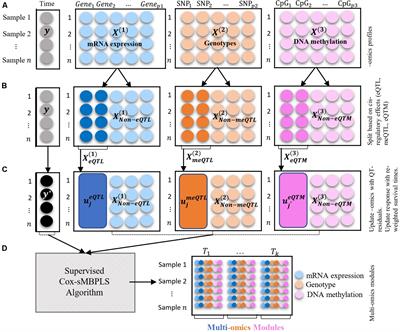
SYSTEMATIC REVIEW
Published on 28 Jul 2021
